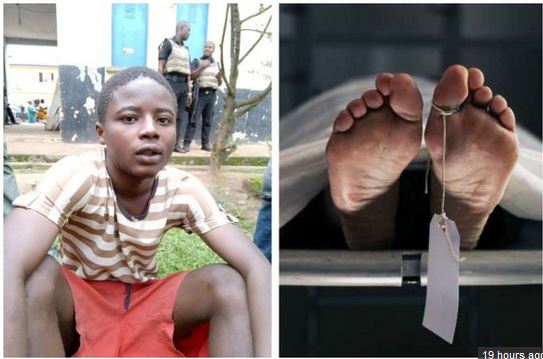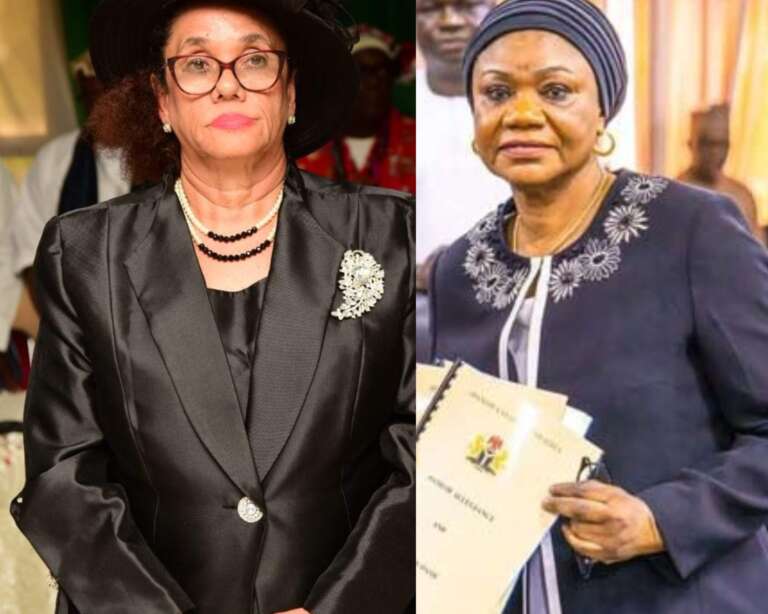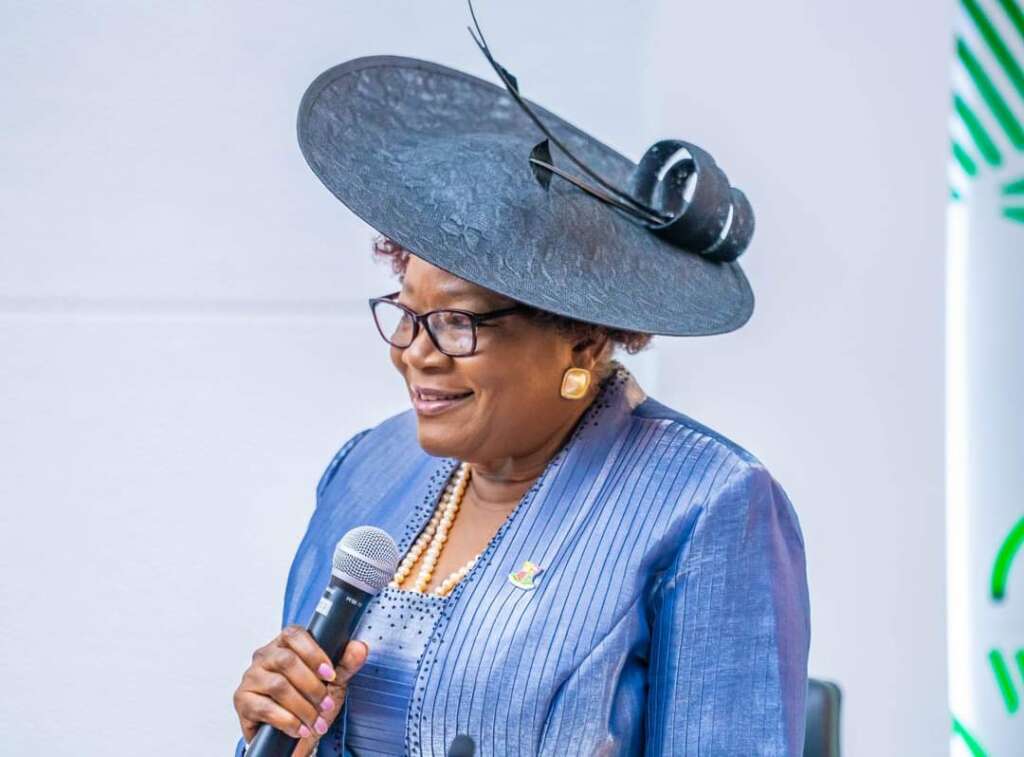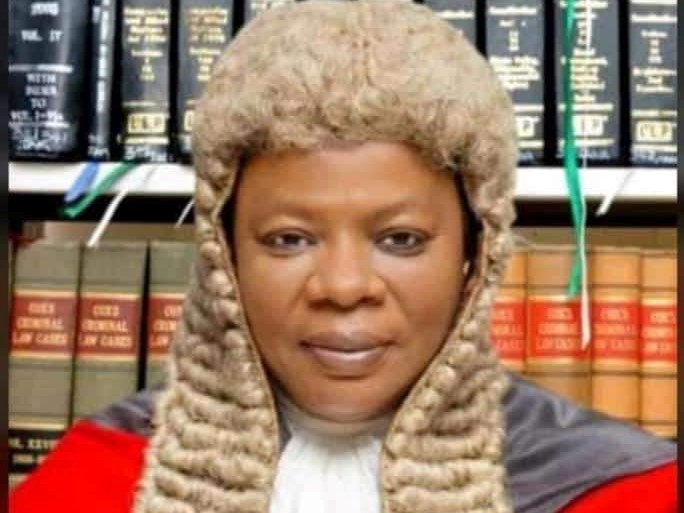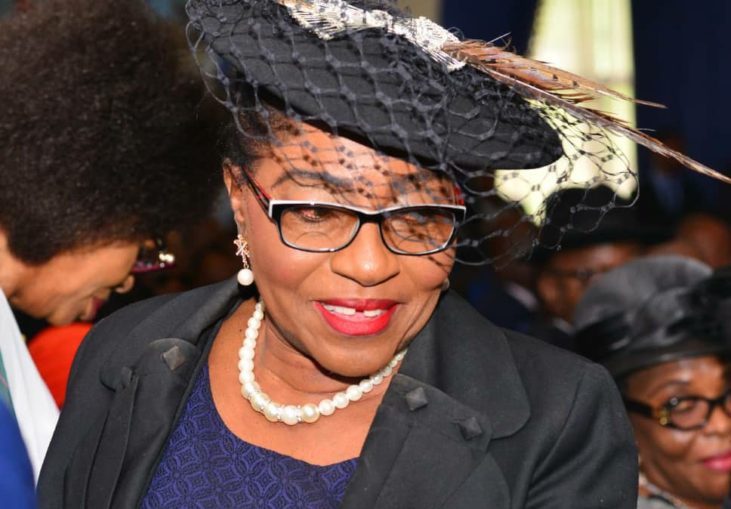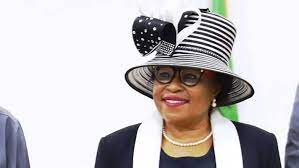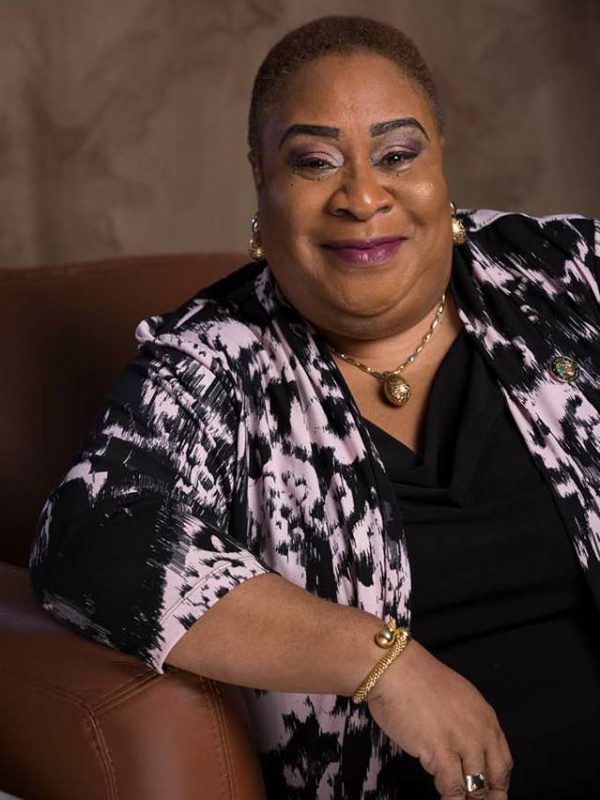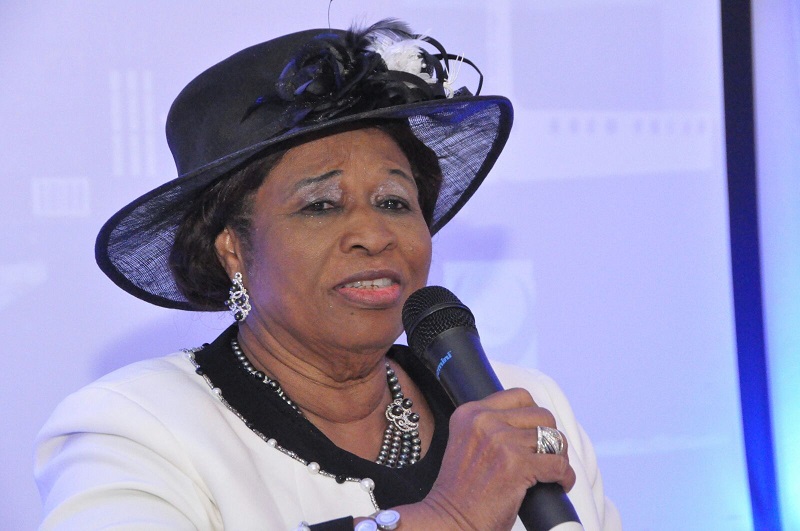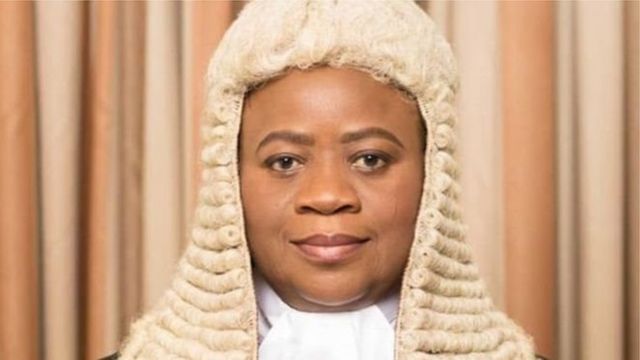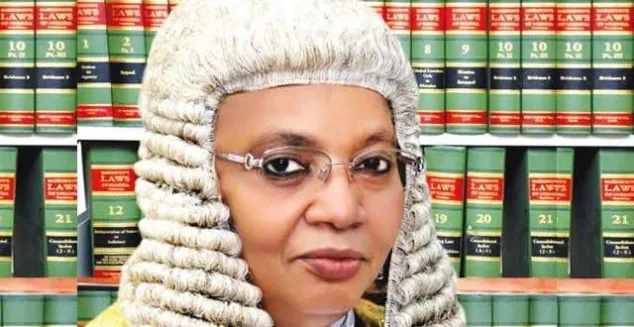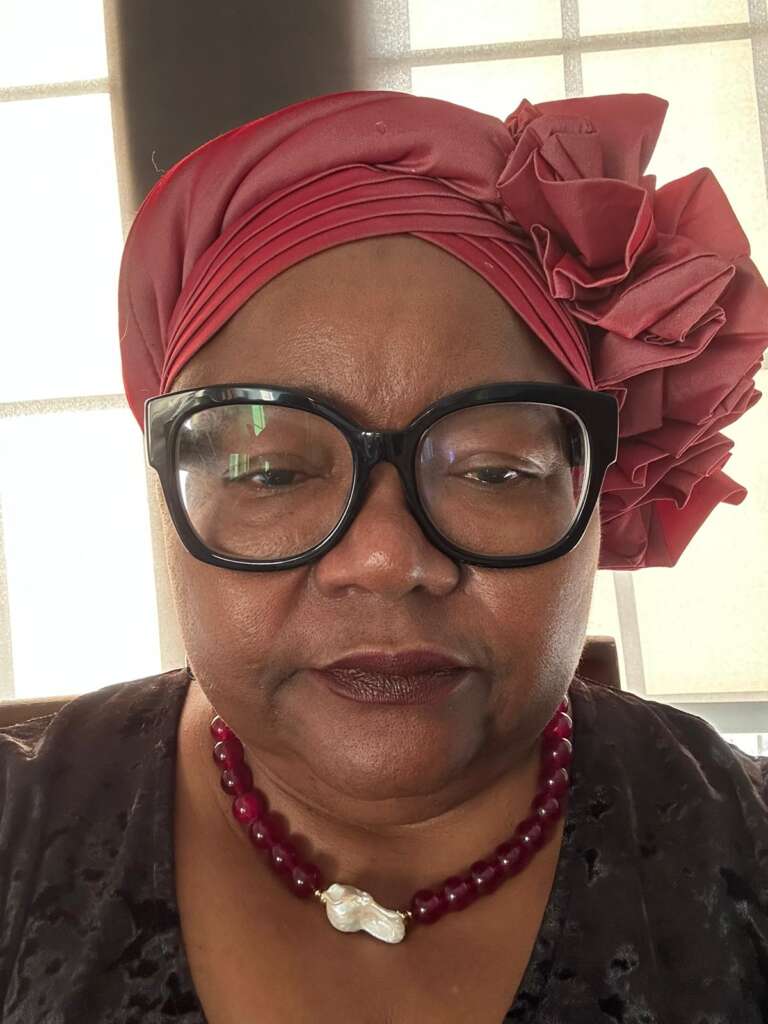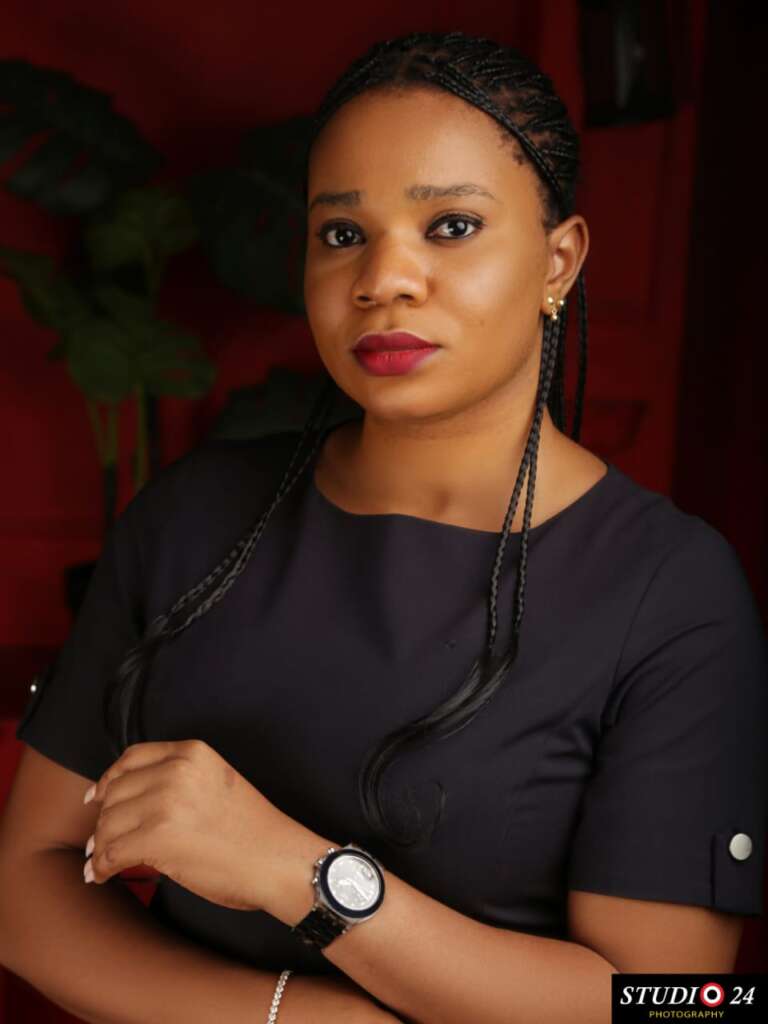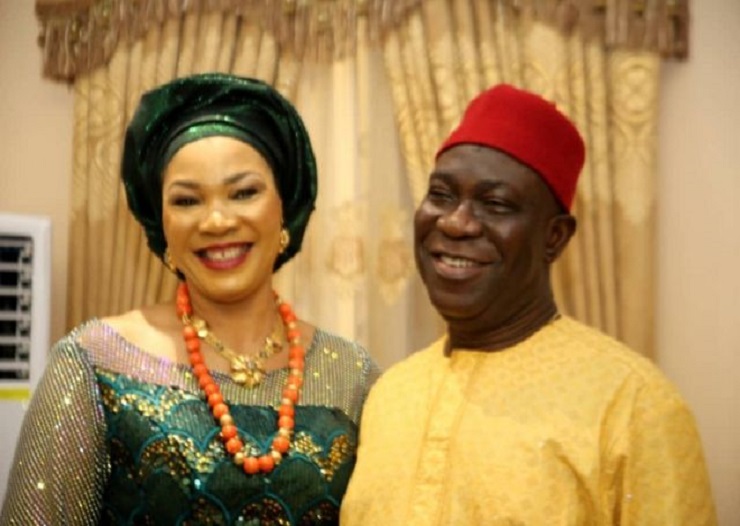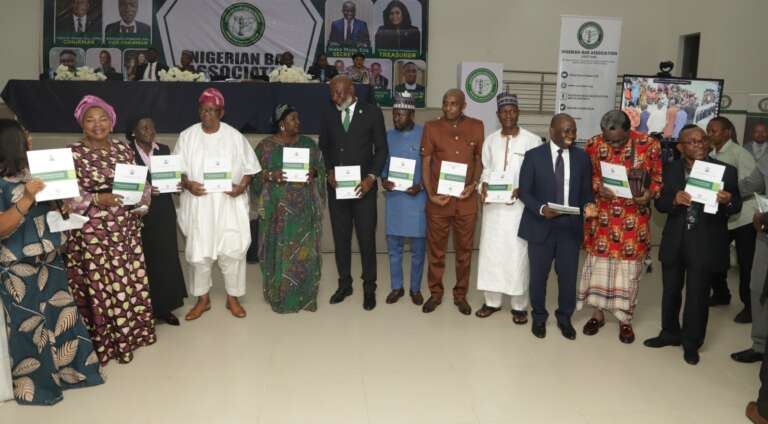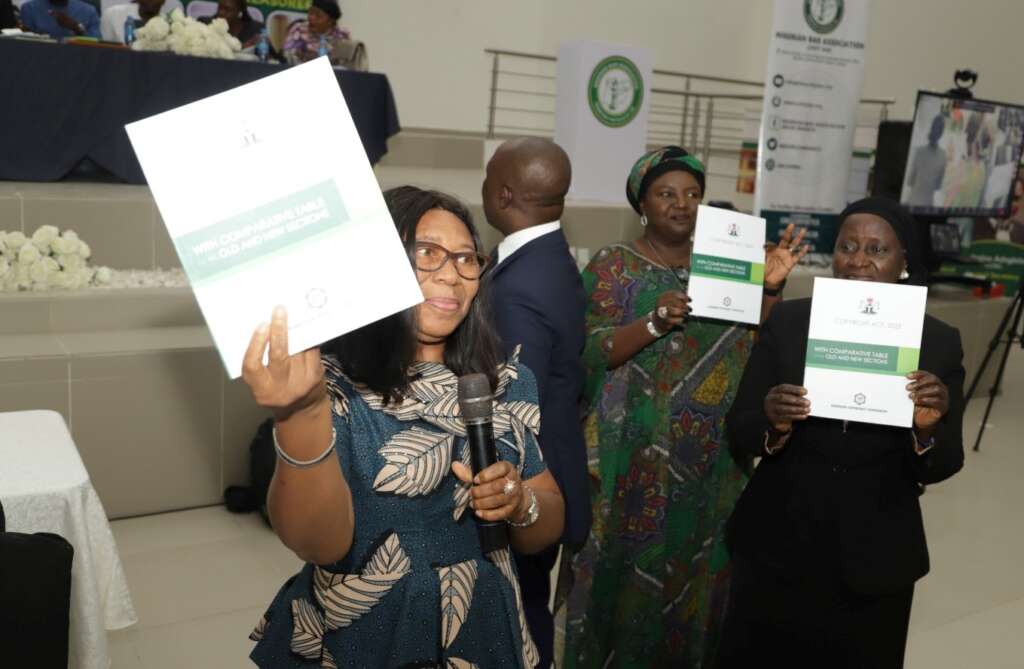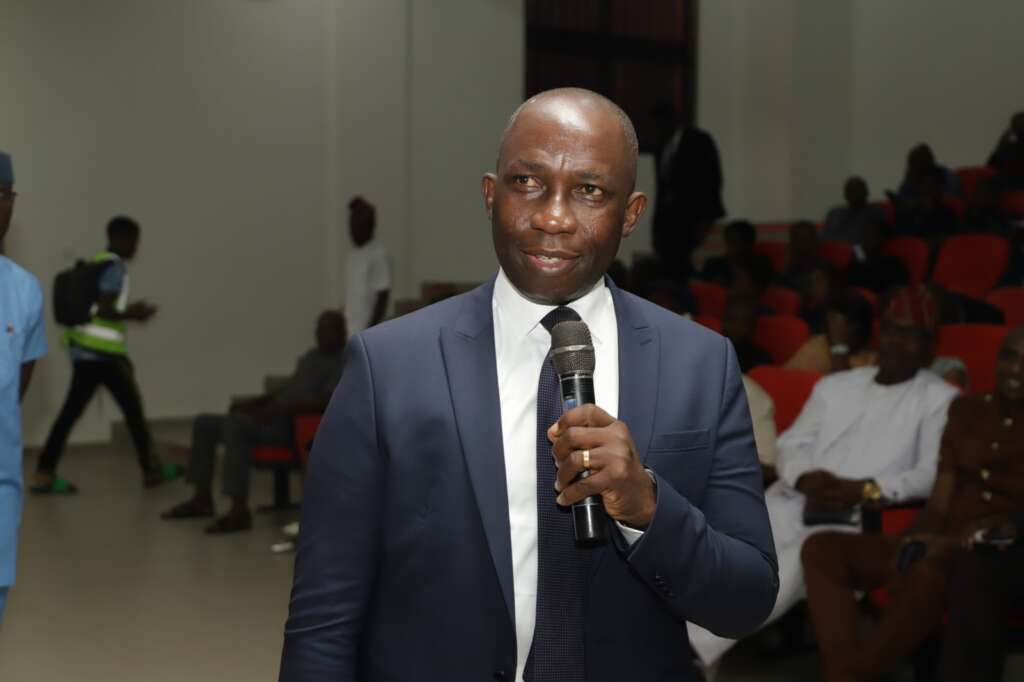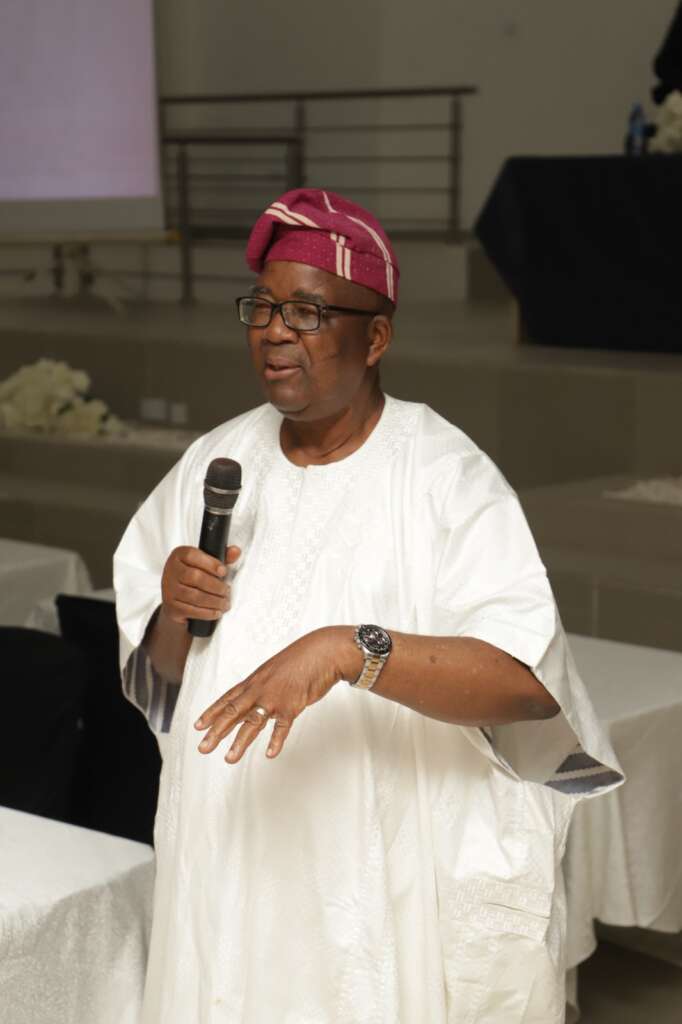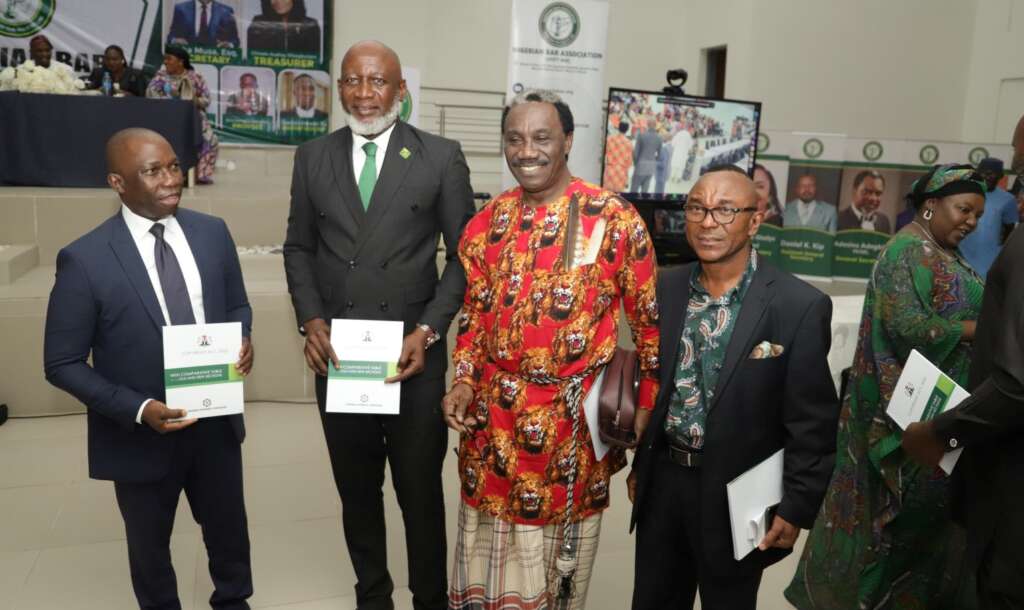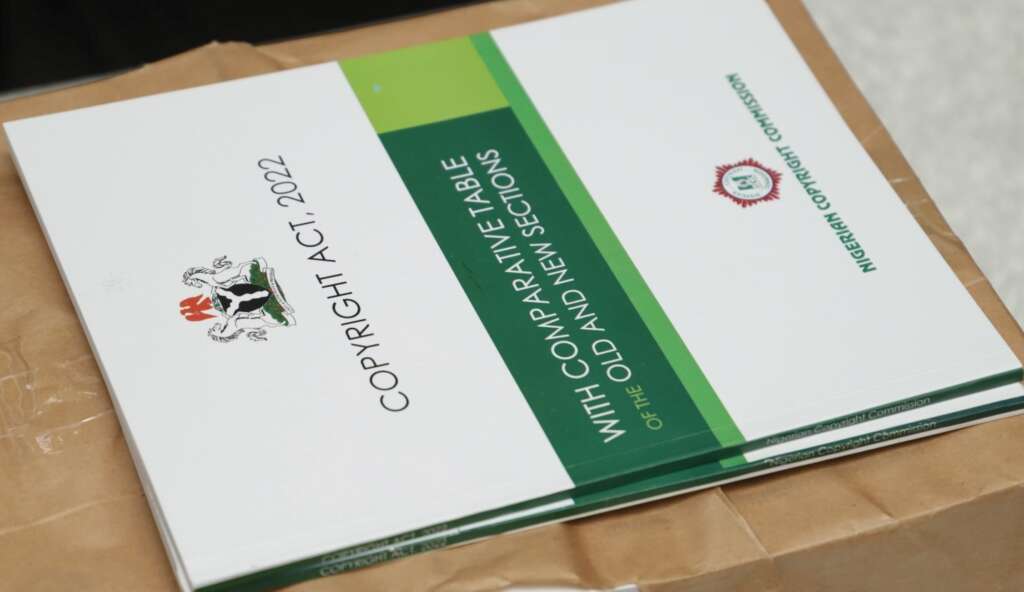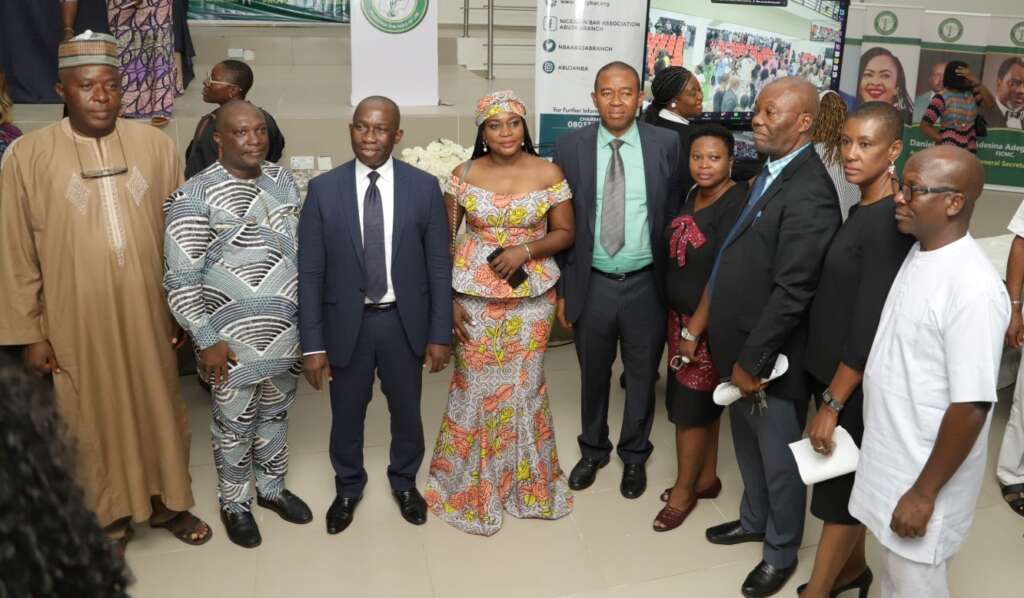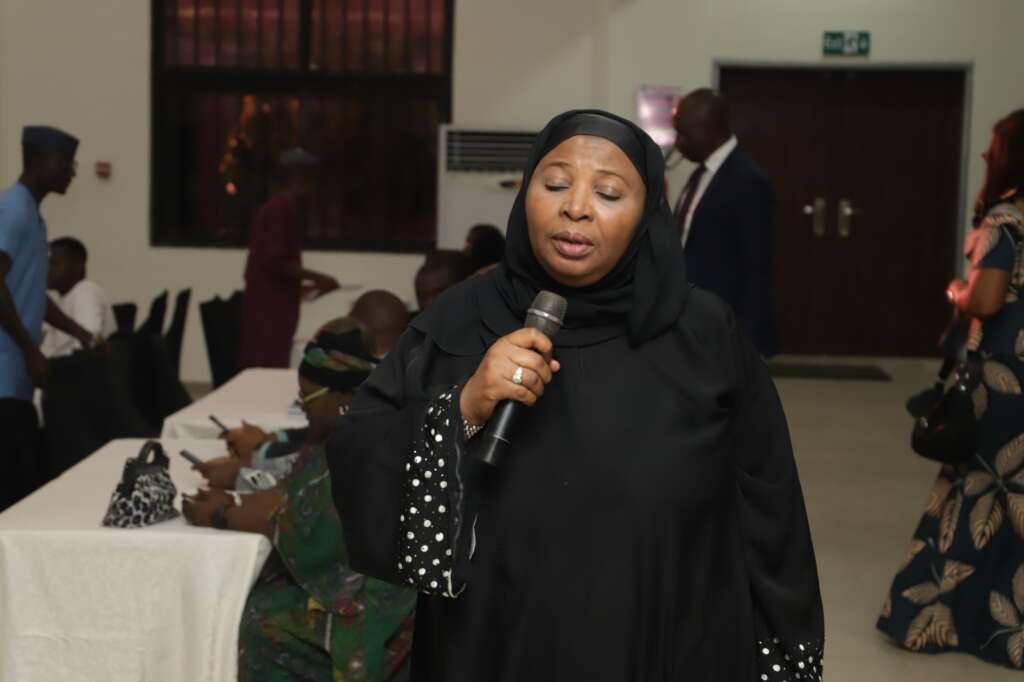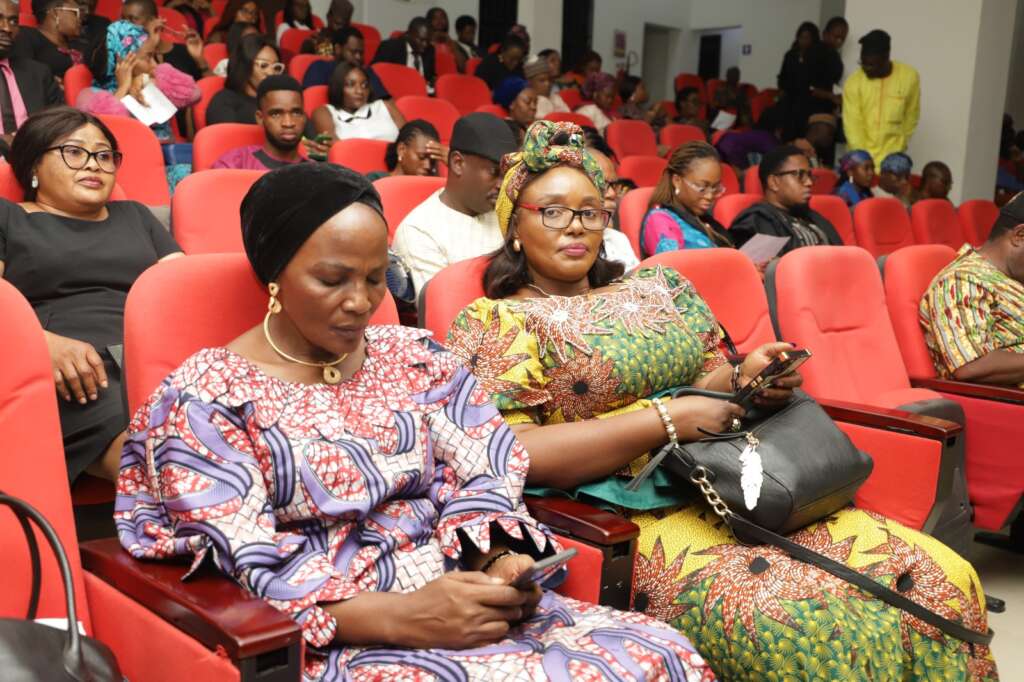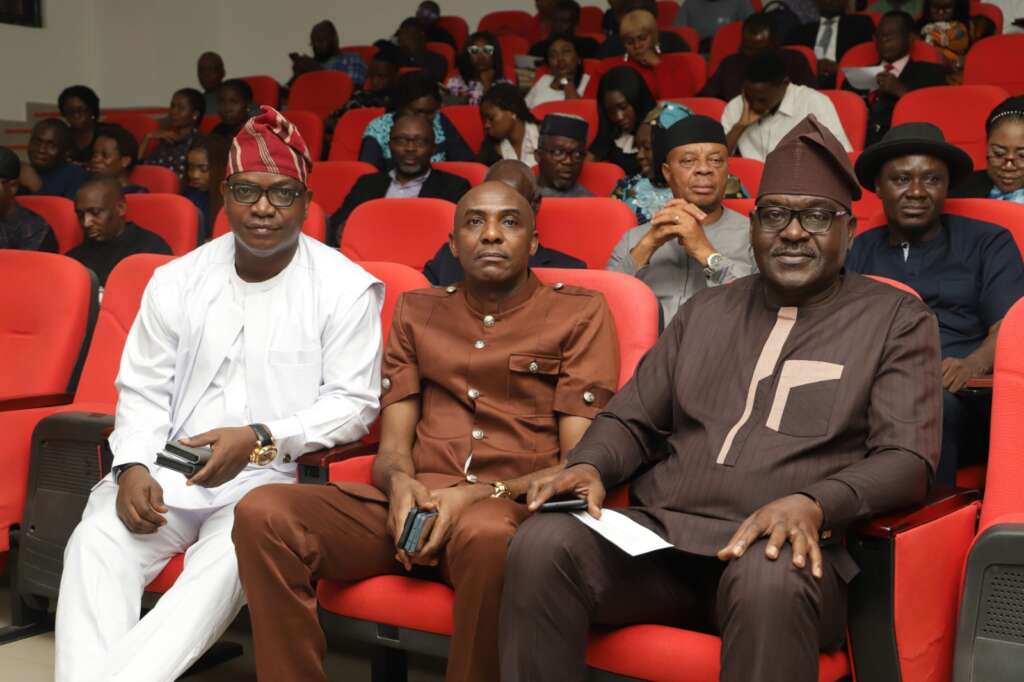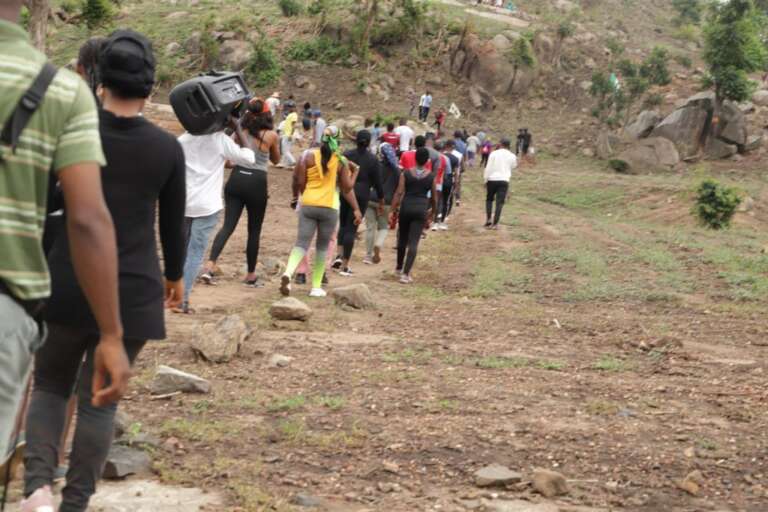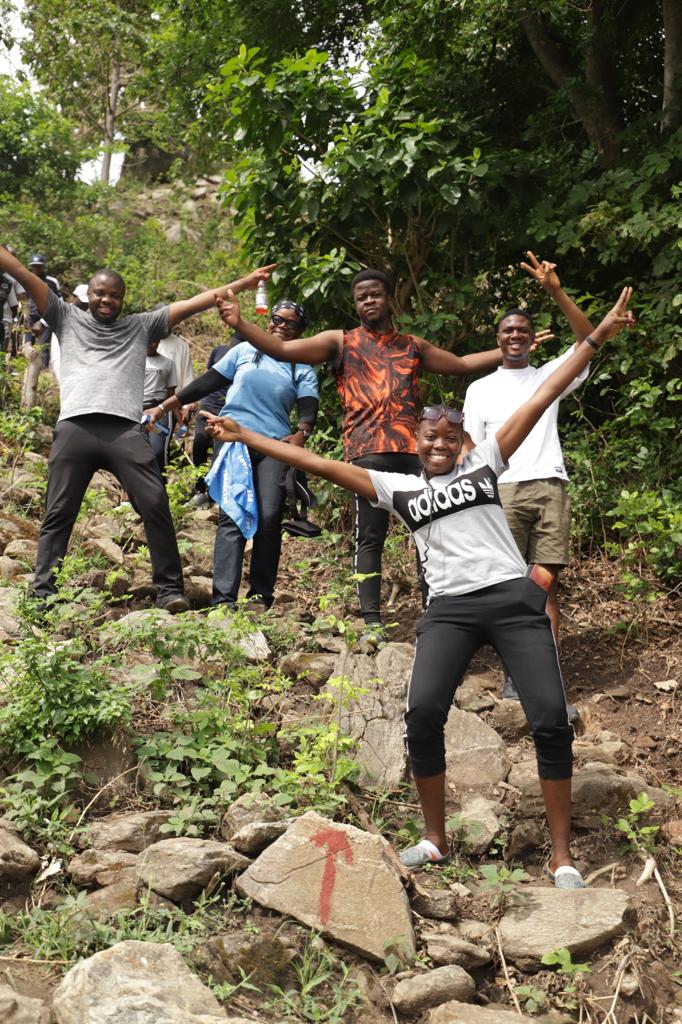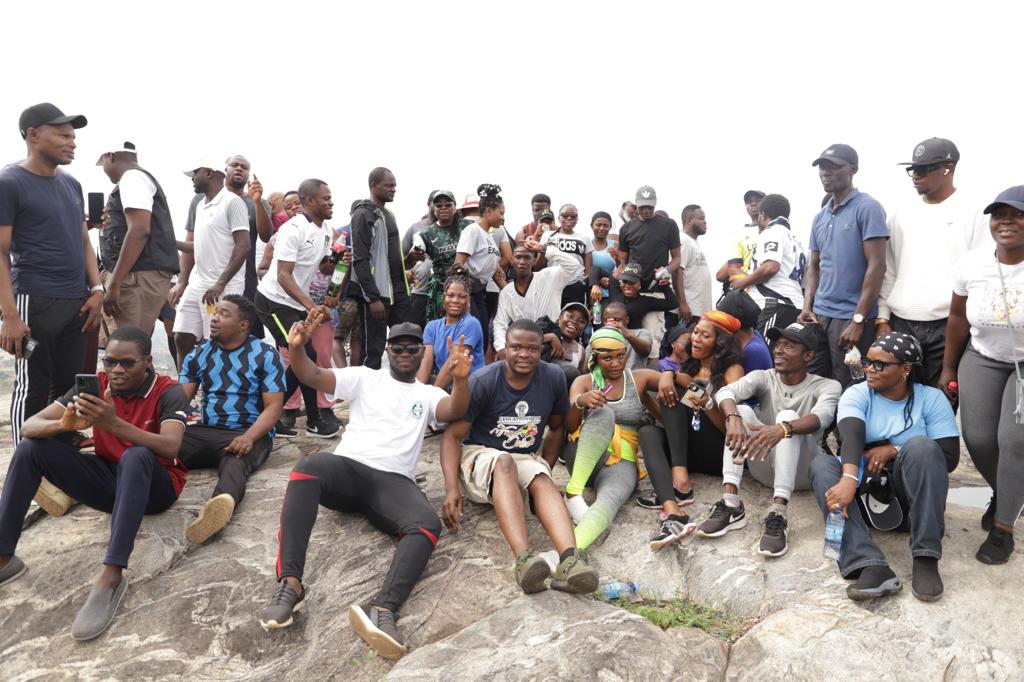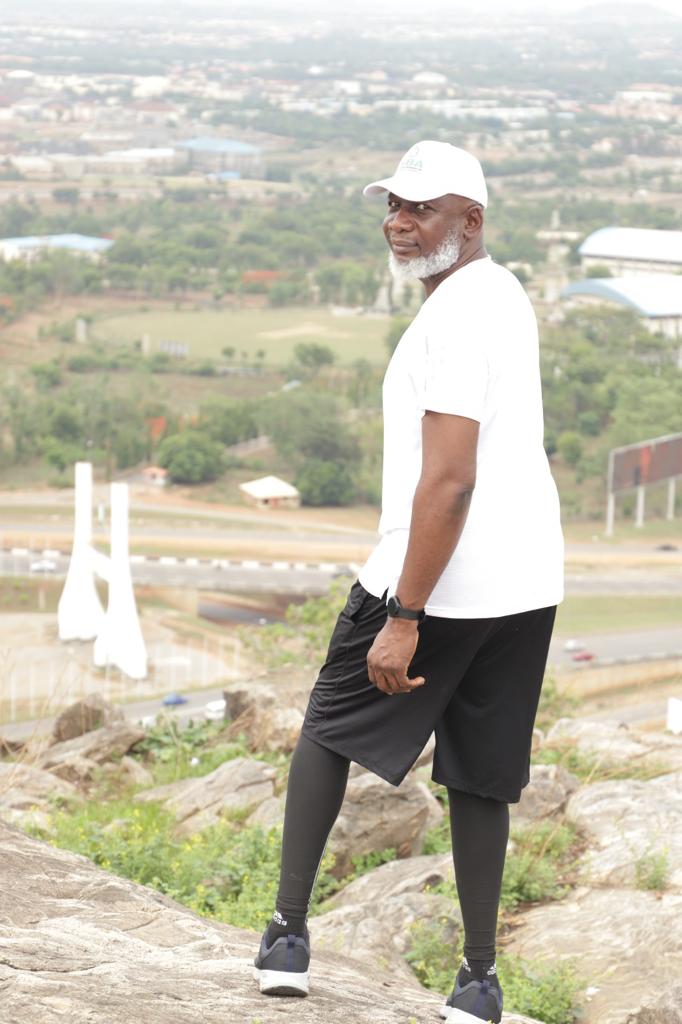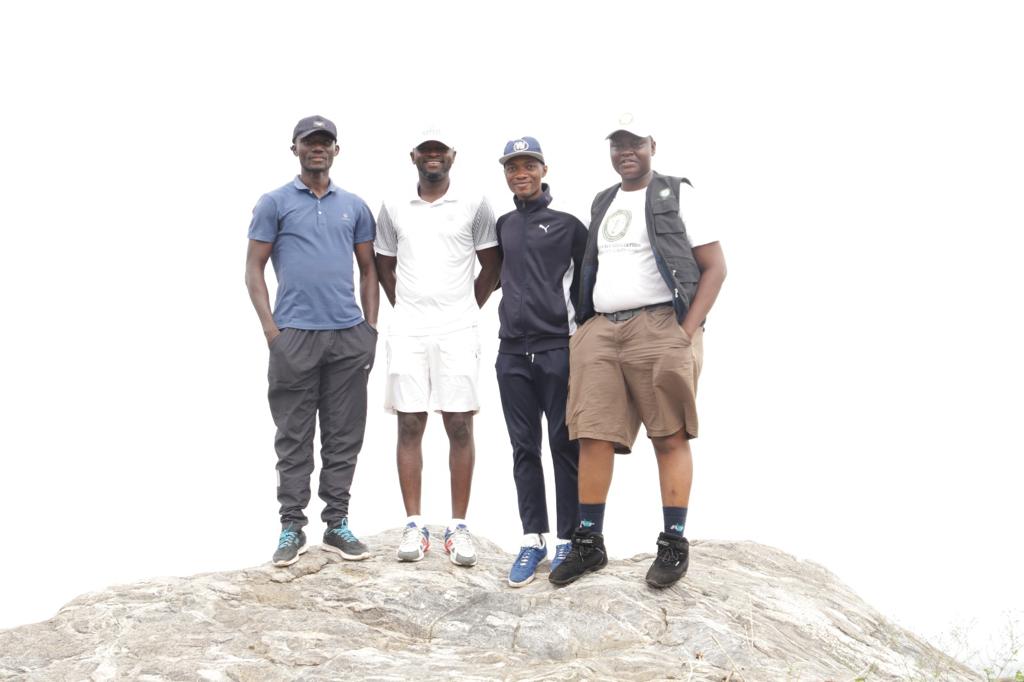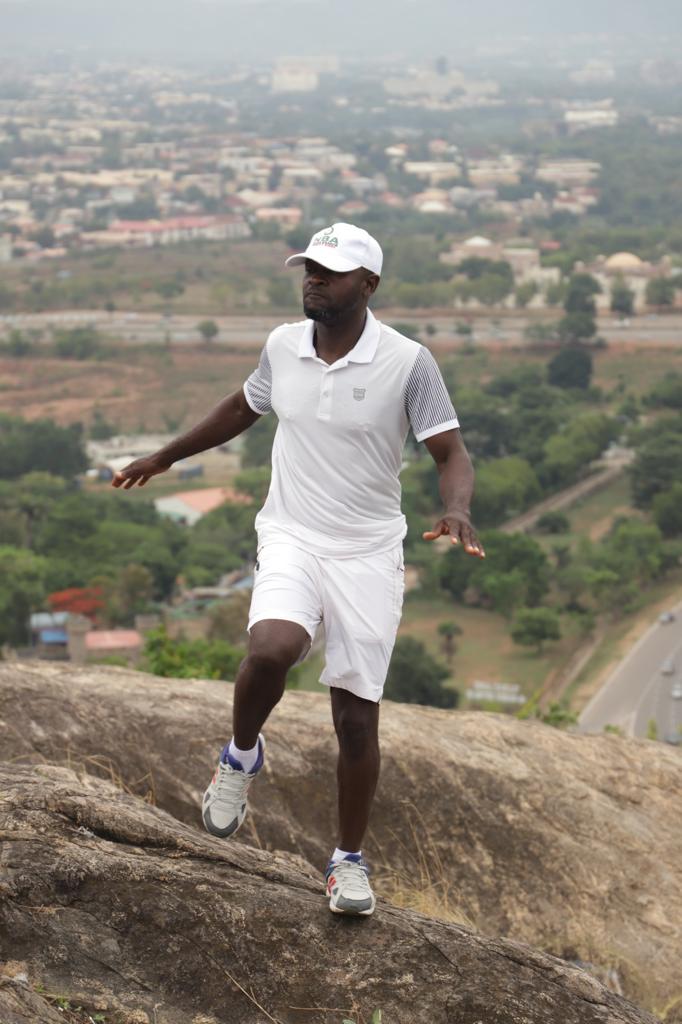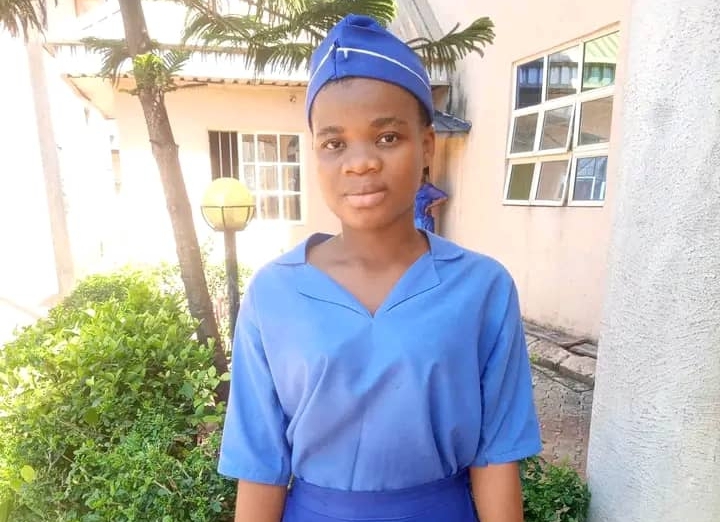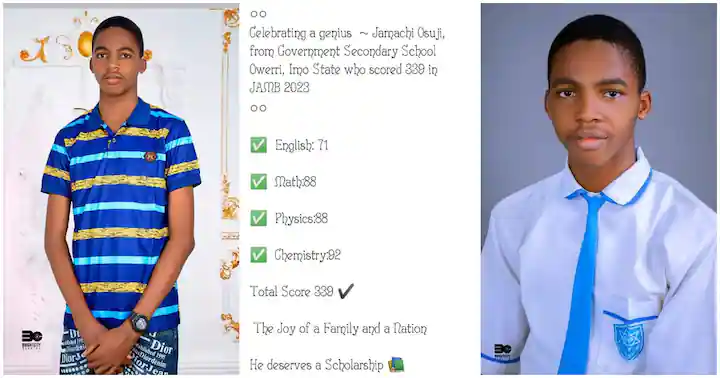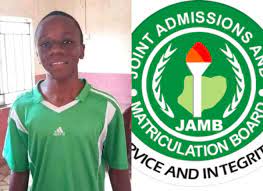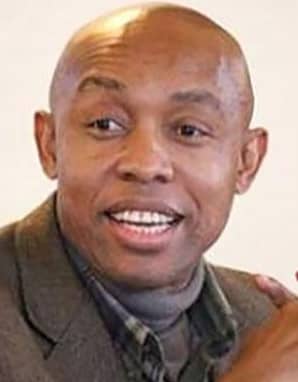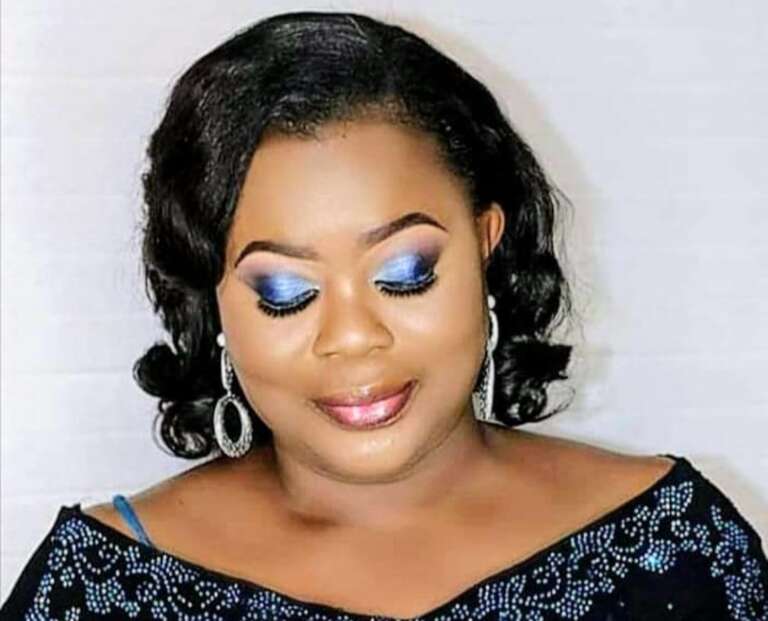By Chidi Anselm Odinkalu
On New Year’s Day in 1991, 81-year-old Siad Barre, Somalia’s third (and last) president, fled the capital city, Mogadishu, under assault from the combined forces of a prolonged insurgency. 16 days later, in a supposedly unrelated development, President George Hubert Walker Bush of the United States of America launched Operation Desert Storm against the occupation of Kuwait’s oil fields by Iraq’s President Saddam Hussein. Four months later, in May 1991, Siad Barre went into exile in Nigeria where he lived until his death in 1995.
Back home, the vacuum created by General Barre’s departure in 1991 triggered a messy contest between various warlords and militias for control of the country, which posed a grave threat to both Somalia’s neighbours in the Horn of Africa and to the strategic maritime theatre of the Gulf of Aden.
Somalis are not only found in Somalia. They are also in Djibouti, Ethiopia and Kenya. Siad Barre was initially committed to a policy of uniting all Somali populations under one territory. In pursuit of this ideology, he invaded Ethiopia’s Ogaden region in 1977, triggering a war in which Ethiopia eventually prevailed with support from the Soviet Union. Somalia, which had until then proclaimed itself Socialist, thereafter shifted its strategic orientation towards closer cooperation with the United States.
The cost of the degeneration of Somalia into a messy gang-land war was heavy. By the beginning of 1992, one year after Siad Barre’s departure from power, “as many 350,000 people in Somalia died from starvation, with another 80,000 people having fled to neighbouring countries.” Somalia’s biggest neighbour on its western borders, Ethiopia, which hosted the headquarters of the then Organization of African Unity, OAU was itself preoccupied with a political transition after the ruinous misrule of Col. Mengistu Haile Mariam’s Dergue regime, and its main priority was to prevent a Somali contagion on its territory. Still reluctant to abandon its foundational commitment to non-interference in the affairs of member states, the OAU could not mobilise consensus on how best to respond to the Somali meltdown. Within Somalia itself, there was no leader who could invite international action with legitimacy.
In that season of the brief interregnum of the unipolar world, there was much talk of humanitarian intervention. Somalia was seen as a good case for it and the United States, fresh from what was seen as the diplomatic and military success of its campaign in Iraq, was under pressure to act. On 24 April 1992, the United Nations Security Council adopted Resolution 751 which deplored “the magnitude of the human suffering caused by the conflict” in Somalia, formally declared it a threat to international peace and security and established the United Nations Operation in Somalia (UNOSOM).
The best efforts of the limited UNOSOM team were, however, no match for the menace of the Somali Militias. So, on 3 December 1992, the Security Council adopted Resolution 794, which complained about the “continuation of conditions that impede the delivery of humanitarian supplies to destinations within Somalia, and in particular reports of looting of relief supplies destined for starving people, attacks on aircraft and ships bringing in humanitarian relief supplies” . It, therefore, authorized member states to “use all measures as may be necessary to ensure” effective humanitarian operations in Somalia. Six days later, on 9 December 1992, a contingent of US Navy SEALS landed on the coast of Mogadishu at the beginning of Operation Restore Hope under to considerable media attention.
In March 1994, Operation Restore Hope ended in disarray. One outcome of Operation Restore Hope among many was to force the OAU to urgently re-evaluate its doctrinal commitment to non-interference. At their meeting in Cairo in June 1993, the Assembly of Heads of State and the Government of the OAU agreed to establish within the organization, a Mechanism for Conflict Prevention, Resolution, and Management, effectively bringing to an end the fiction that instability in a given country was of no consequence to its neighbours. Sudan’s then ruler, General Omar Al-Bashir, and Eritrea’s Isaias Afewerki were the two voices of dissent against this decision.
From this tentative beginning, the OAU evolved rapidly in seven years to the point of its own replacement in 2000 by the African Union (AU). At its adoption in 1963, the founding Charter of the OAU complained of subversion by neighbours against one another and prohibited interference by one African country in the domestic affairs of their neighbours. It was not a very African approach to coexistence in a continent in which looking out for one another had for long been an axiom of good neighbourliness.
In a dramatic departure from this position, the African Union’s Constitutive Act, which was incidentally adopted at the turn of the Millennium, commits the continent’s rulers to “respect for the sanctity of human life” and recognizes a duty and a “right of the Union to intervene in a Member State…. in respect of grave circumstances, namely war crimes, genocide and crimes against humanity.” To supervise this new commitment, the AU, as the successor to the OAU would become known, established a Peace and Security Council to “promote peace, security and stability in Africa, in order to guarantee the protection and preservation of life and property, the well-being of the African people.” It comprises 15 African countries elected by their peers and represented at the highest levels by their Presidents, Prime Ministers, or Kings.
Underlying the mission of the AU supposedly is a commitment to a different and united way of addressing the continent’s security crises. In a contemporaneous retrospective on the failure of Operation Restore Hope in 1994, Ghanaian-born economist, George Ayittey, deplored the contest over super-power control of Africa’s destiny. Cautioning that durable solutions to the continent’s myriad problems can only come from Africans themselves, he launched the now popular mantra about “African solutions to African problems.”
With the persistence of a multiplicity of foreign stakeholders in many of the continent’s problems, however, the challenge always was with figuring out what kinds of problems could be described as African and at what point the solutions could be seen as African. In any event, this doctrine implied that African leaders had a responsibility to take initiative and provide leadership in the search for solutions to the continent’s problems. This has been missing in the three weeks since the mutual antipathies between Sudan’s implacable Generals descended into Urban Warfare in Khartoum.
The result is that the AU has abdicated both initiative and ideas. With nearly 1.2 million refugees before the onset of these hostilities, Sudan housed the second largest population of refugees in Africa behind only Uganda, and the seventh largest in the world. Setting them to pasture is not going to be cost-free to Sudan’s neighbours nor is that merely a humanitarian occurrence. It is also a profound security concern. Equally, the AU does not appear to have heard that some Western countries willfully shredded the passports of African nationals while evacuating their missions in Khartoum.
With over 400,000 internally displaced, nearly 150,000 dispersed across Sudan’s borders into neighbouring countries in Chad, Central African Republic, Egypt, Eritrea, Ethiopia, and South Sudan and the United Nations High Commissioner for Refugees (UNHCR) estimated an exodus of over 860,000 people from Khartoum and its neighbourhoods, the leaders of the African Union have not seen fit to meet at any level even for symbolic purposes other than half-hearted meetings convened on Zoom at almost risible levels. Separated by over three decades, the response of the AU to the unfolding crisis in Khartoum reprises in slow motion the self-inflicted incapacities of the OAU in Somalia.
In the face of arguably the continent’s most serious crisis since the Rwanda Genocide, the AU’s response has been inexplicably somnolent. It has no plan. Chad’s former Foreign Minister, Moussa Faki Mahamat, who heads the Commission of the African Union in Addis Ababa, appears to be slow-walking the organization to considerations determined by the imperatives of his home country (which shares borders with Sudan) rather than the collective well-being of the region and the continent. Under him, the promise of the Constitutive Act is being squandered: over two-thirds of the AU’s budget is funded by non-African countries and nearly half of the member states are unwilling or unable to pay their assessed budget contributions. Under Moussa Faki Mahamat, the AU increasingly acts neither African nor like a Union.
A lawyer and a teacher, Odinkalu can be reached at [email protected]

